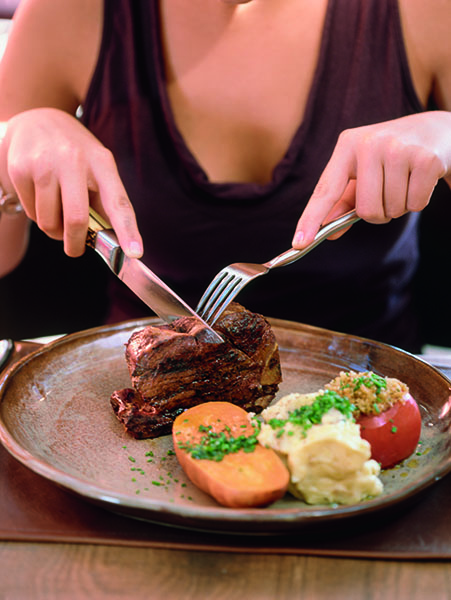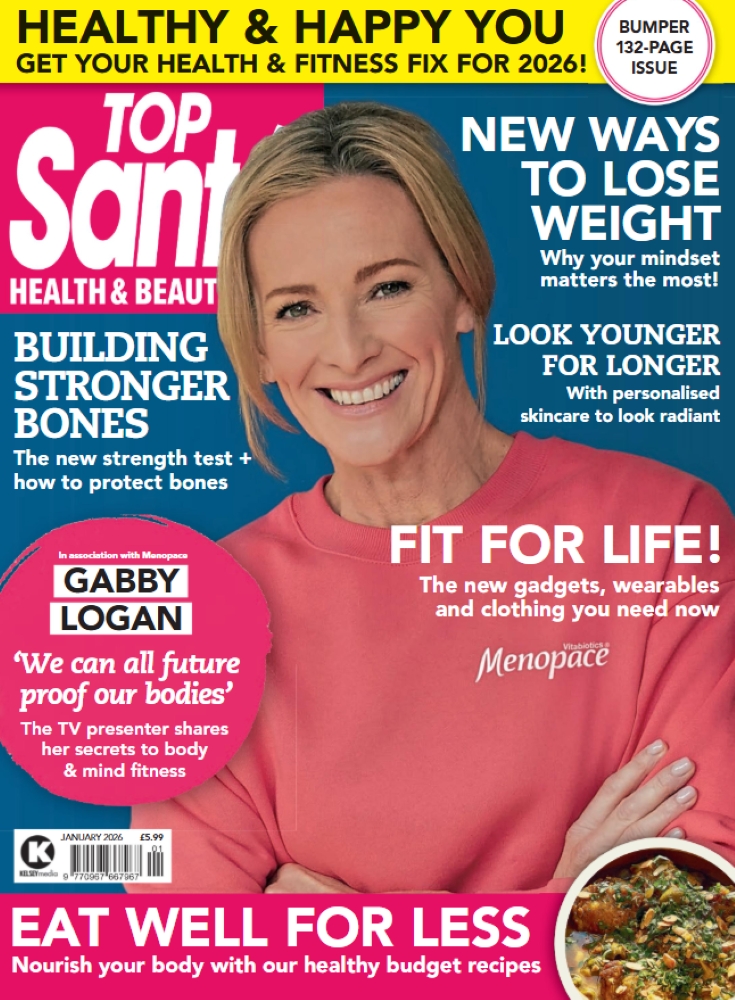Feeling energised all day is easier when your iron levels are topped up – find out how much you need to eat to feel great.
By Katherine Watt
With so many fresh food sources of iron about to come into season, such as spring lamb and leafy greens, it’s really easy to keep your iron levels topped up for an extra spring in your step!
So why do we need it? ‘Iron is a vital component of red blood cells,’ explains Nicole Rothband, an NHS dietitian and spokesperson for the British Dietetic Association. ‘These are essential for transporting oxygen around the body; without iron, production of these cells is inadequate and, therefore, healthy transportation of oxygen is hindered.’
If you frequently feel tired and lacking in energy, it’s possible that you may not be getting enough iron in your diet.
Nicole continues: ‘Iron is essential in the movement, energy production and oxygenation of the body. It’s also essential for normal functioning of the immune system.’
We need slightly more iron during our reproductive years as we lose a small amount every month through menstruation. The recommended daily intake between ages
19 and 50 is 14.8mg, going down to 8.7mg after the menopause.
Falling Levels
‘When iron in the diet is reduced, or we are using up more (for example, through heavy periods) our bodies start to borrow from our stores in order to keep our blood iron levels constant,’ explains dietitian Dr Carrie Ruxton from the Health Food Supplements Information Service. ‘Once the stores are depleted, we may start to feel the symptoms of deficiency.’
If you’re worried you may be iron deficient, visit your doctor for a blood test. ‘They normally measure both blood and store forms of iron,’ says Dr Ruxton. ‘If both levels are too low, this indicates iron deficiency. But if your blood level is normal and your store level is low, you might be at risk of future deficiency, so it’s time to take action.’
Increasing Your Iron Intake
For most of us, it should be possible to achieve the amount of iron we need through eating a well-balanced diet. If you are vegetarian or vegan, remember that iron from plant-based sources is not as easily absorbed as iron from animal-based sources.
Fill Your Plate
There are loads of sources of iron, but here are some of the richest dietary ones to choose from*…
Almonds – 3mg
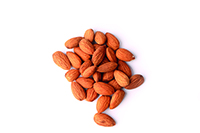
Curly Kale, boiled – 2mg
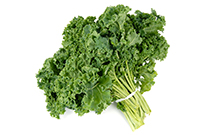
Dried apricots – 3.4mg
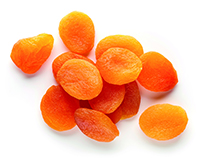
Grilled lean steak – 3.6mg
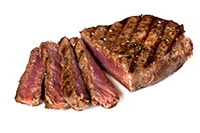
Chickpeas – 2.1mg
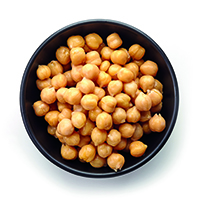
Chicken liver, fried – 11.3mg
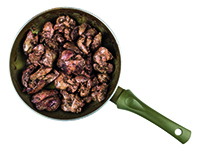
*per 100g

